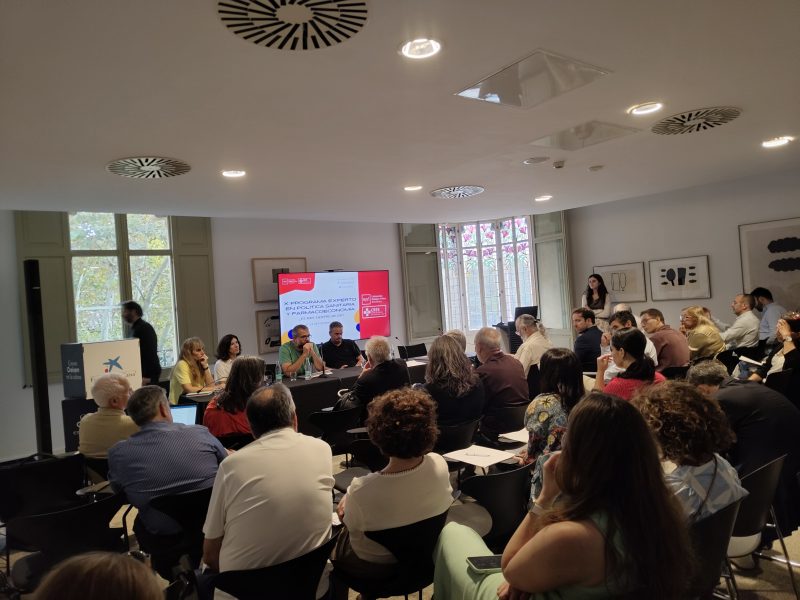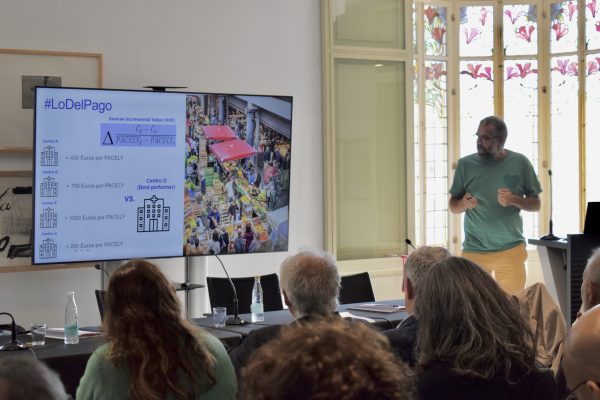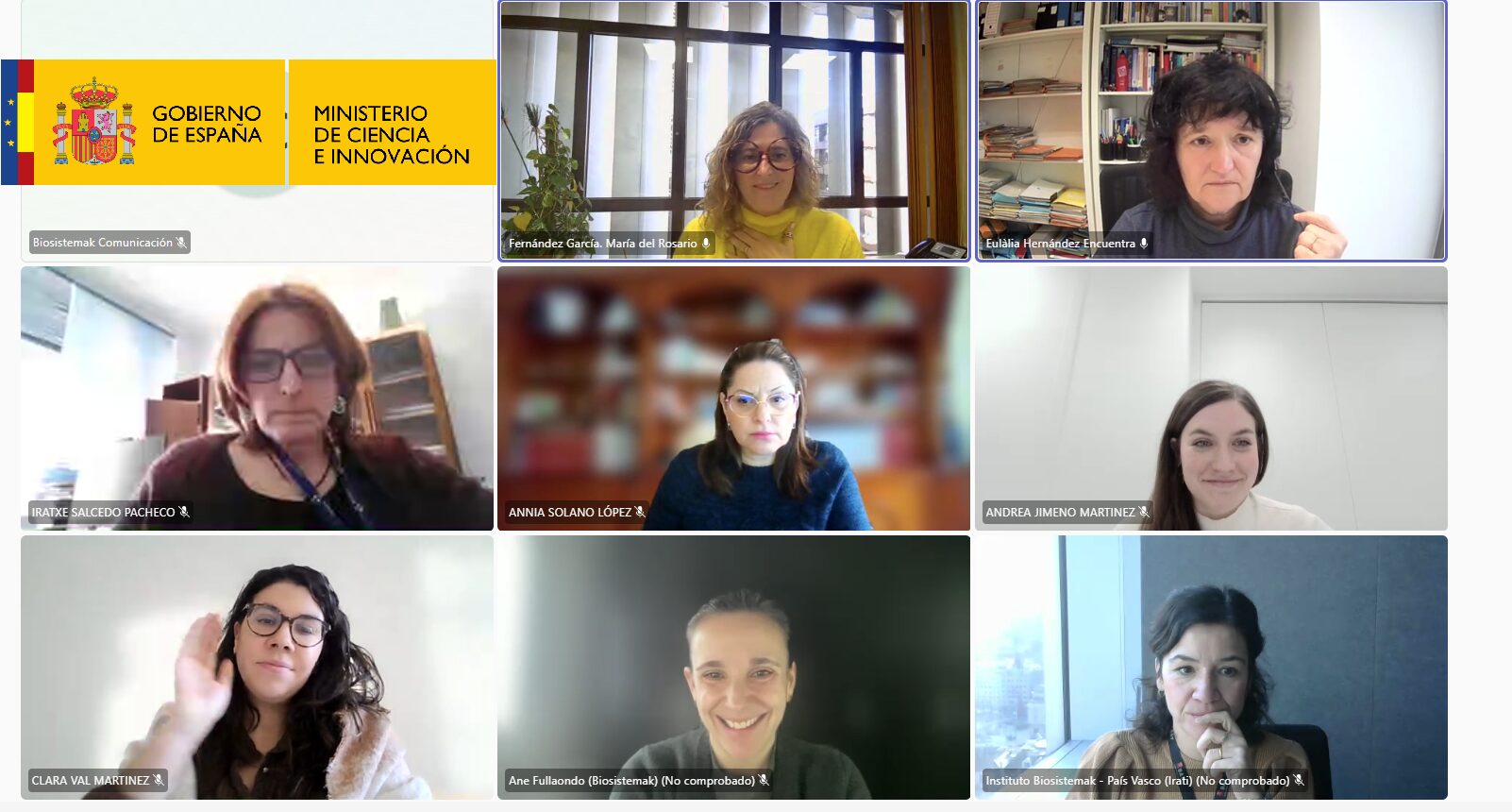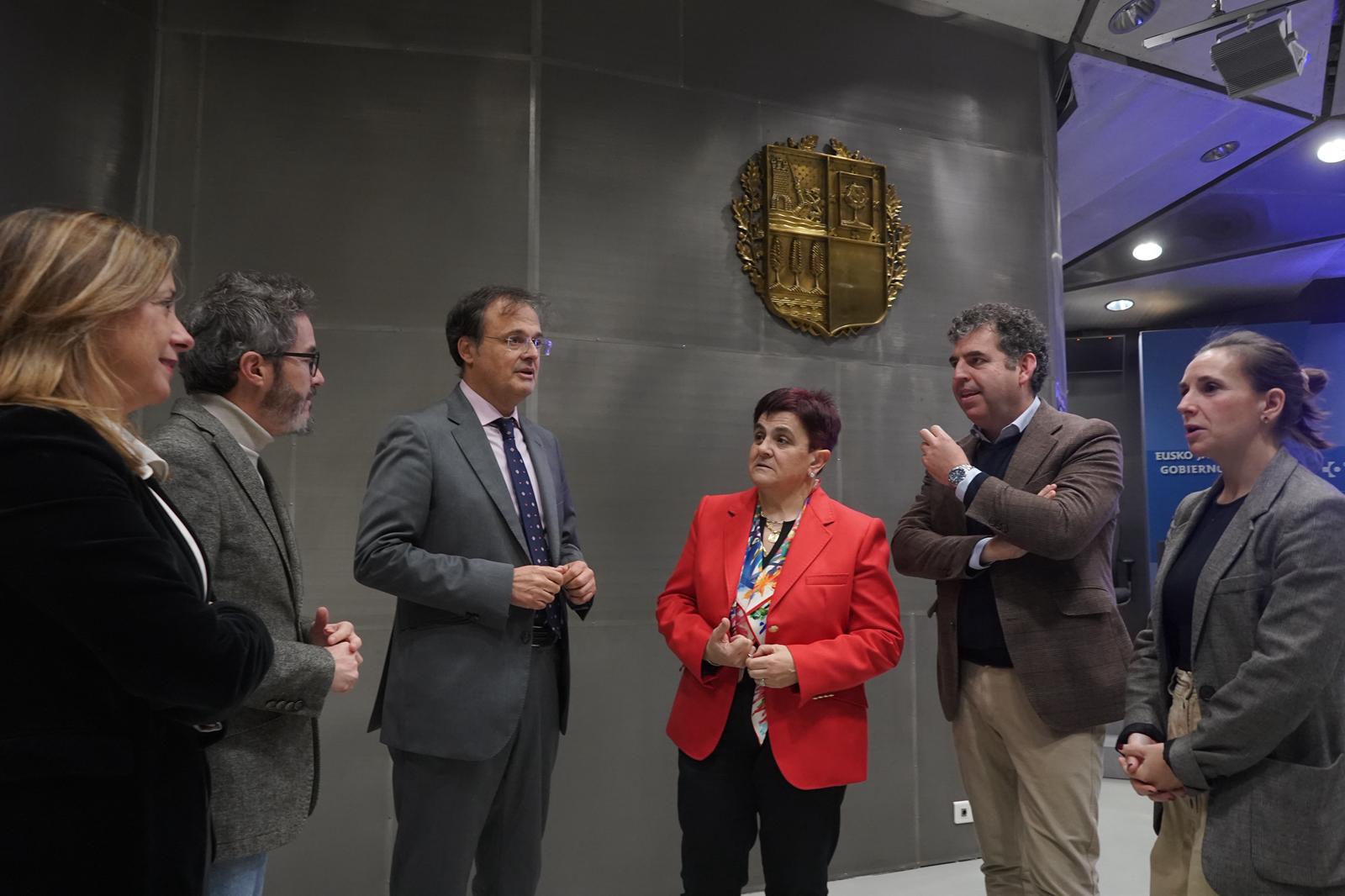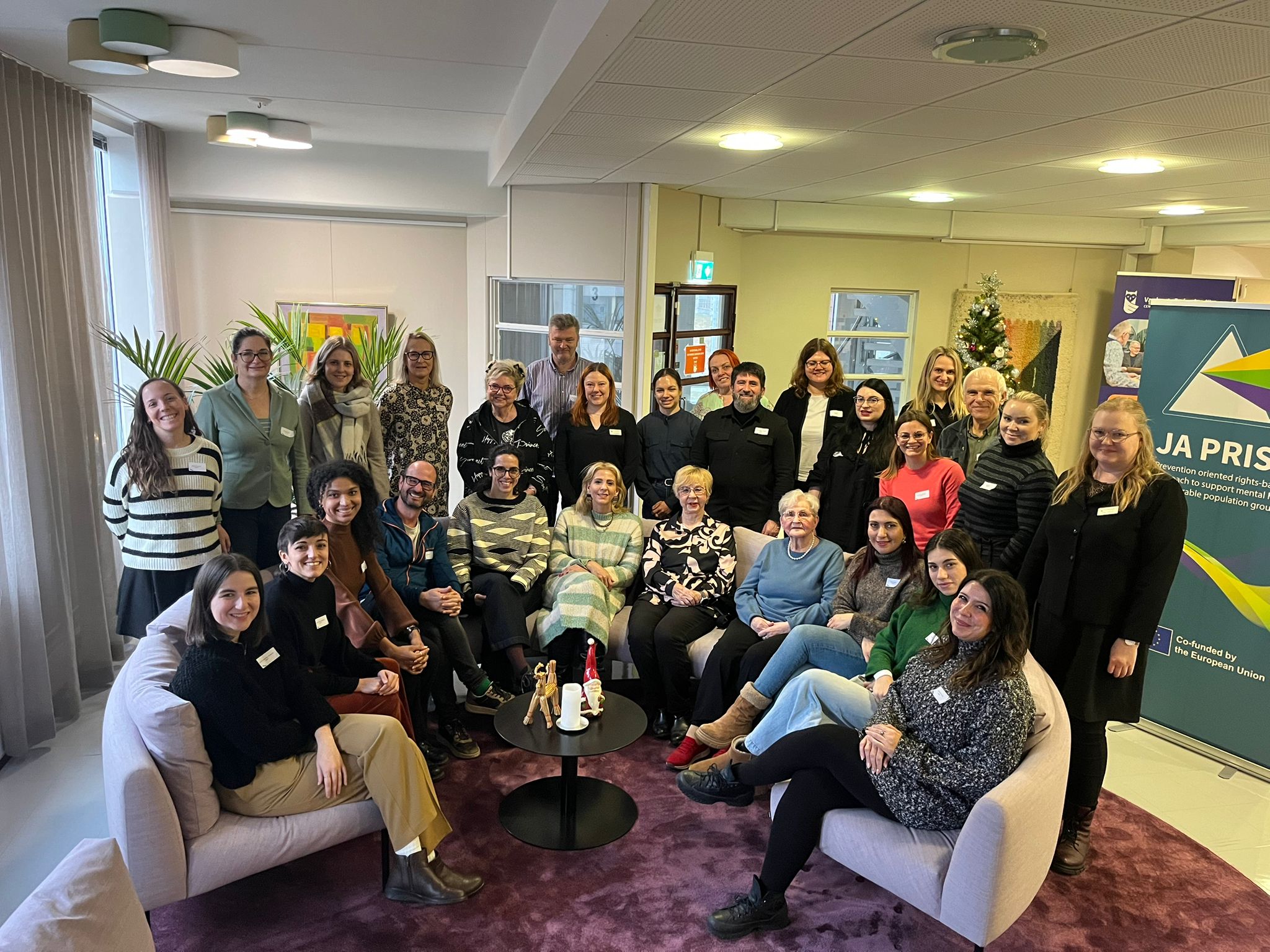Biosistemak at the 10th Expert Programme in Health Policy and Pharmacoeconomics
The meeting, which took place in Palma de Mallorca from 21 to 23 September, was attended by Borja García-Lorenzo, principal investigator at our institute.
Biosistemak Institute participated in the tenth edition of the Expert Programme in Health Policy and Pharmacoeconomics, held in Palma de Mallorca from 21 to 23 September and organised by the Centre for Research in Economics and Health at Pompeu Fabra University (CRES-UPF), in collaboration with Novartis Spain.
The programme was attended by representatives of the Ministry of Health, such as the Secretary of State for Health, Javier Padilla, and the Director General of the Common Portfolio of Services and Pharmacy, César Hernández. The official opening was led by Guillem López-Casasnovas, director of CRES and of the Expert Programme itself, at a ceremony held in the Es Baluard Auditorium and at CaixaForum Palma.
The meeting brought together more than fifty professionals from the field of health economics, institutional leaders and representatives of the public administration in a well-established forum of international renown, which this year focused on the question ‘Is more always better?’. This question led to debates on the role of evaluation agencies, competition and regulation, transparency and the limits of social spending in the current healthcare context.
Economic evaluation round table
Borja García-Lorenzo, health economist and principal investigator at Biosistemak, participated in the round table discussion ‘Positions in economic evaluation’. In his presentation, he outlined the lines of research led by his group at the Institute, Value-Based Healthcare (ASBV), highlighting the points of convergence with the economic evaluation of healthcare technologies and emphasising the need to transfer these lessons to the evaluation of health services.
During the debate, García-Lorenzo raised a point that generated particular interest among speakers and attendees: ‘We often hear about the need to improve public-private collaboration, but little is said about public-public collaboration between institutions in the field of health, whether vertical or horizontal.’ This idea was later mentioned in the plenary session, reflecting the relevance of the contribution within the framework of the programme.
With this contribution, Biosistemak reaffirms its commitment to research in health policy and organisation, as well as to the generation of useful knowledge to guide health systems towards more efficient, participatory models focused on the outcomes that really matter to patients.

